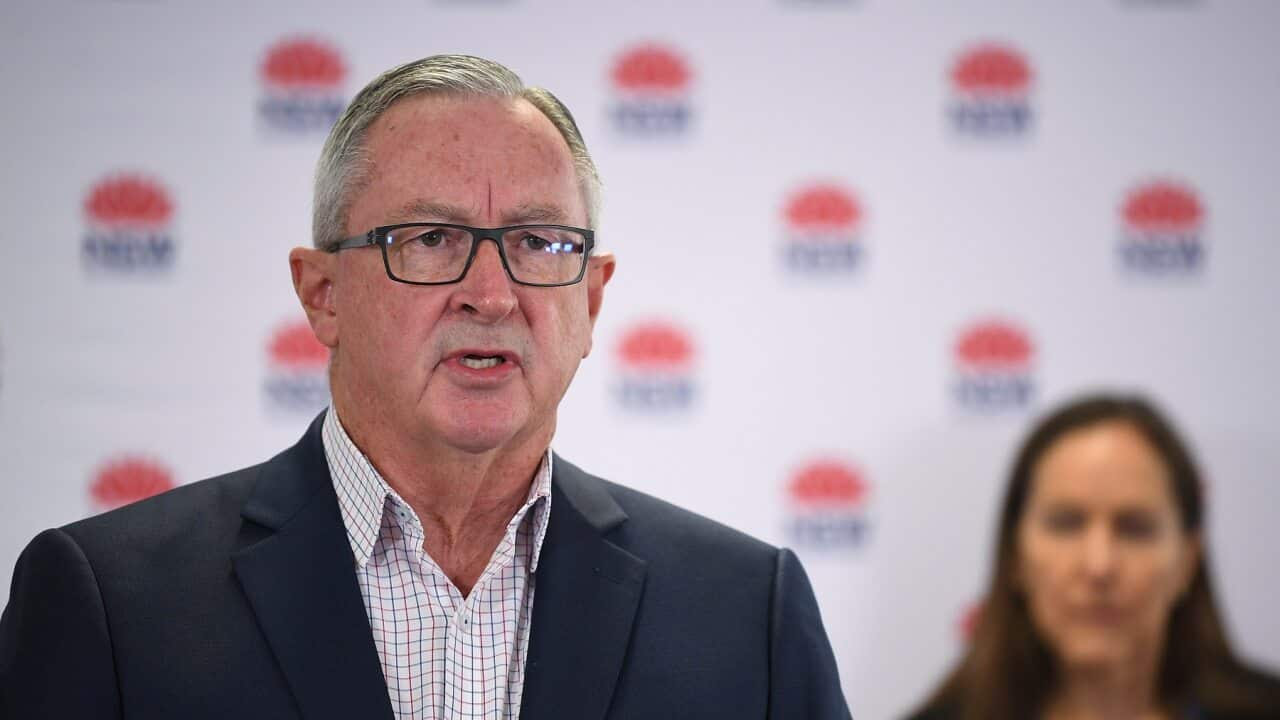More than 5,000 Australians were targeted in COVID-19 related scams this year, as scammers take advantage of people's fears during the coronavirus pandemic.
Contact tracers rely on QR code scan-in technology to locate and isolate potential contacts of confirmed COVID-19 cases.
Experts warn that if we don't know where we are leaving our digital data, we could be exposing ourselves to risk.
University of New South Wales Cybersecurity expert Kate Carruthers told SBS News when it comes to commercial or privately owned QR applications, there is little regulation to prevent data from falling into the wrong hands.
“Every company is subject to the privacy legislation for their own jurisdiction, but the trouble with many of these companies is that they may not be in our jurisdiction, so you don't know where they are,” she said.
“They could do anything with your data, they could be anywhere in the world and you have no idea who or what they are."
Australian regulatory body the Australian Competition and Consumer Commission (ACCC) says scammers are capitalising on these technologies by impersonating government agencies, often via text message, with a malicious link designed to steal personal and financial information.
More than 5,000 coronavirus-related scams were reported to monitoring service Scamwatch this year, costing Australians $6,280,000.
ACCC Deputy Chair Delia Rickard said COVID-19 related scams were mostly based on financial support offers or fraudulent contact tracing calls.
"Scammers are pretending to be government officials and either approaching you saying that they can help you access your benefits and seeking a whole range of personal information, or contacting you pretending that you have been in a COVID affected area and then again asking for personal information,” she said.
“That is the thing people need to be most concerned about. If someone contacts you out of the blue (randomly), you never really know who they are. Scammers are absolutely experts at pretending to be other organisations, so do not give them personal information. Do not give them financial information,” she added.
Ms Rickard recommends that those on the receiving end of calls and text messages hang up the phone and contact the organisation directly.
"When the government contacts you, they're not going to be asking for a whole range of personal information. They are not going to be asking for credit card numbers, bank account details,” she said.
“If you think something is legitimate, but you're just not sure, don't respond to the SMS or phone call you got out of the blue. Get the phone number or contact details of the organisation. Call them and check with them directly,”.
Twenty eight scams this year were directly linked to the use of QR codes, with losses exceeding $100,000.
To combat legal issues with commercial QR codes, states and territories across Australia, except for Queensland, have a government based app available.
In New South Wales, all venues will be required to make the switch on 1 January.
In terms of privacy, Kate Carruthers says it won't make much of a difference because the government already has access to this level of personal information.
"These state based apps are much better because you at least know the entity who is providing the QR code," she said. "For example, in New South Wales it takes you to Service NSW, which is a reputable state based agency.
"I really do think that venues should be trying to use the state apps, because it makes it easier for the contact tracers because it is all in the one place, and the state government has already got all your data anyway.
“They (the apps) don't have anything that they (the government) don't already have. It's keeping your data, from your customers (if you're a business) safer than it could potentially be from some random private provider,”.
The ACCC has warned Australians need to be aware of risks because COVID-19 related scams won't be going away in the new year.
Delia Rickard says vaccines will be the next big target.
“In 2021, I think we will see a range of scams. That are paying off vaccines, pretending to be access to vaccines earlier at a very cheap prices, they will be a scam. There will be official sources to get vaccines from so don't follow up on the internet,” she warned.
“And also, I'm sure we are going to continue to see a large number of online shopping scams because people have moved online in a way that they haven't before and scammers are taking advantage of that. This won't be solved in the next month or two, and people will be continuing to really prey on our concerns around COVID,” she added.




